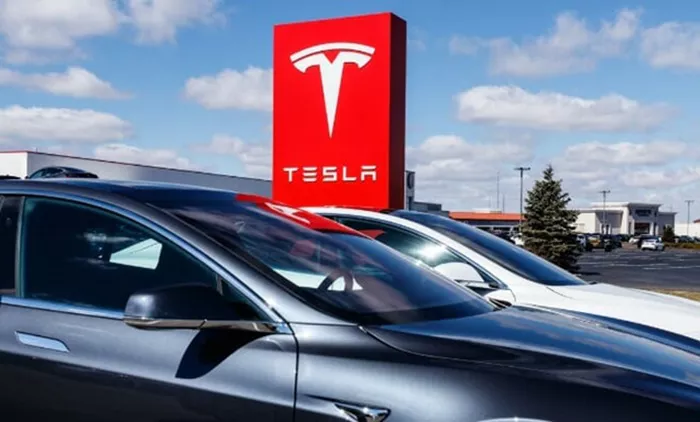Tesla Inc. (TSLA), the electric vehicle (EV) giant, has seen its stock dive following a recent earnings miss. Analysts are now weighing in on the implications of this performance, and many are emphasizing that Tesla is not a typical ‘Trump trade.’ In this article, we will delve into Tesla’s earnings miss, the analysts’ reactions, and the broader context of the EV market.
Tesla’s Earnings Miss
Revenue and Earnings Performance
Tesla’s latest earnings report revealed a shortfall in both revenue and earnings per share (EPS) compared to analysts’ expectations. The company’s revenue growth was slower than anticipated, and its EPS fell short, raising concerns about its ability to sustain its rapid expansion and profitability.
Factors Contributing to the Miss
Several factors contributed to Tesla’s earnings miss. These include supply chain disruptions, increased costs, and potential delays in new model rollouts. Additionally, heightened competition in the EV market and macroeconomic pressures have also impacted Tesla’s financial performance.
See also: Market Hit As CrowdStrike Plummets; Inflation Data And Tesla Earnings Loom
Analysts’ Reactions
Stock Downgrades and Price Target Adjustments
Following the earnings miss, several analysts have downgraded Tesla’s stock and adjusted their price targets downward. The revisions reflect concerns over the company’s near-term growth prospects and profitability. Analysts are taking a more cautious approach, factoring in the challenges Tesla faces in maintaining its market dominance amid increasing competition.
Long-Term Outlook Remains Positive
Despite the short-term setbacks, many analysts maintain a positive long-term outlook for Tesla. They highlight the company’s strong brand, innovative technology, and leadership in the EV market as key factors that will drive future growth. However, they caution that Tesla needs to address its operational challenges to meet long-term expectations.
Tesla and the ‘Trump Trade’ Narrative
Defining the ‘Trump Trade’
The ‘Trump trade’ typically refers to investments that are expected to benefit from policies and economic conditions favored by former President Donald Trump, such as deregulation, tax cuts, and a focus on traditional industries like fossil fuels.
Tesla’s Unique Position
Analysts emphasize that Tesla does not fit the ‘Trump trade’ narrative. As a leader in the clean energy and EV sectors, Tesla aligns more with sustainable and green energy trends. The company’s focus on innovation and environmental sustainability sets it apart from the industries typically associated with the ‘Trump trade.
See also: Dow Jones Surpasses 40,000, Boosted By Intel; Tesla Recovers
Implications for Investors
Short-Term Volatility
Investors should be prepared for short-term volatility in Tesla’s stock following the earnings miss. The market’s reaction to the report and analysts’ downgrades may result in fluctuations in the stock price. It is important for investors to stay informed and consider these dynamics when making investment decisions.
Long-Term Potential
While the earnings miss poses short-term challenges, Tesla’s long-term potential remains strong. The company’s leadership in the EV market, ongoing innovation, and expansion into new markets provide a solid foundation for future growth. Investors with a long-term perspective may view the current dip as a buying opportunity, provided they are aware of the associated risks.
Conclusion
Tesla’s stock has taken a hit following a recent earnings miss, prompting analysts to weigh in with downgrades and adjusted price targets. Despite the short-term challenges, the long-term outlook for Tesla remains positive, driven by its leadership in the EV market and commitment to innovation. Investors should consider both the short-term volatility and long-term potential when evaluating their positions in Tesla.
As always, thorough research and careful analysis are essential for making informed investment decisions. Tesla’s unique position in the market, distinct from the ‘Trump trade’ narrative, underscores its role as a pioneer in the transition to sustainable energy and electric vehicles.
Related Topics:

